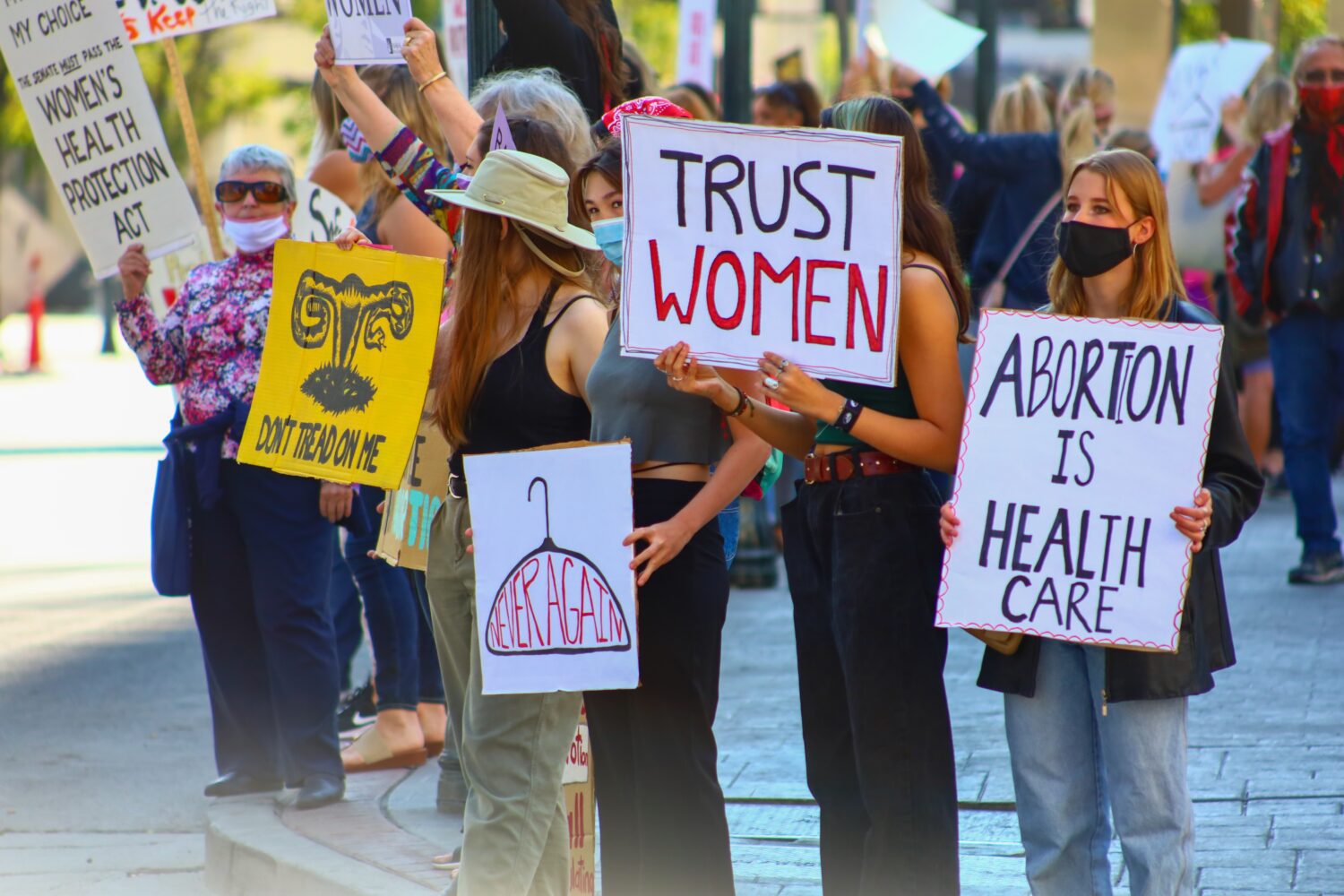In the United States, political behavior has become increasingly difficult to predict. Over the past 10 years, events such as the overturning of Roe v. Wade in Dobbs v. Jackson Women’s Health Organization, the confirmation of Brett Kavanaugh, and the Uvalde elementary school shooting have shaken the political world in the United States and abroad. However, while many voters claim these social issues are paramount to their electoral choices, such events often fail to change voter behavior in competitive districts and states.
Outrage over social issues rarely decides elections. In politics, economic matters reign supreme.
In the summer of 2022, the Roberts-led Supreme Court overturned the landmark 1973 case Roe v. Wade, declaring that the Constitution confers no right to an abortion and returning the issue to the states. Following the decision, the Pew Research Center found that nearly 57% of Americans disapprove of the Court’s decision, including majorities of White, Black, Hispanic, and Asian voters, voters from each age demographic, and voters from all educational backgrounds. In addition, CBS News found that 58% of Americans supported the idea of enacting a federal law to make abortion legal.
Considering the widespread support for enacting a federal statute protecting the right to abortion, one would think that Democratic lawmakers would see large electoral rewards for supporting reproductive rights. Surprisingly, this did not occur in the midterm elections.
Despite the widespread outrage regarding the Dobbs decision, Republican candidates received nearly three million more votes nationwide, allowing them to retake the House of Representatives. How did this happen? If nearly 60% of Americans disapproved of the Dobbs decision, why would the majority of voters choose candidates who supported the overturning of Roe?
According to CNN exit polls conducted on midterm election day in 2022, it appears that 60% of voters casting a ballot in the election held the opinion that abortion should be legal in all or most cases. Yet, 25% of these voters supported Republican candidates. In addition, roughly 21% of voters claimed they were “dissatisfied” with the decision in Dobbs, but 51% of this group voted for Republican candidates.
Abortion was absolutely an important issue in the 2022 election cycle. But it appears that regardless of a voter’s position on reproductive rights, economic issues — namely inflation — motivated behavior at the ballot box more than social issues. With widespread inflation following the conclusion of the COVID-19 pandemic, many voters blamed Joe Biden and the Democratic Party’s passage of legislation such as the American Rescue Plan as a fueling force behind record-high inflation levels, leading many pro-choice voters to choose Republican candidates. It is unclear why many politicians in the United States prioritize social outrage over economic issues in their political messaging.
In the leadup to the 2022 midterm elections, there were many economic issues on the minds of American voters. According to polling conducted by CBS/YouGov, voters in the United States, by a 19 point margin, believed Democratic policies over the past two years had hurt, rather than helped, the state of the economy. During 2022, inflation rates were the highest in 40 years, with the high price of goods and services leading many voters to blame the party in power (Democrats controlled the presidency, Senate, and House of Representatives at the time). With at least nine in 10 voters claiming economic issues were at least “very important” to their vote in 2022, it appears they may have a more significant effect on voter behavior than social issues (namely, immigration, abortion, and gun violence).
The recent gubernatorial election in Florida, in which Governor Ron DeSantis was seeking a second term, provides another example of the primacy of economic issues in American politics. In March 2022, a few months before the election, DeSantis signed the Parental Rights in Education bill into law, effectively barring any conversations around gender identity and sexual orientation in K-3 classrooms and preventing the implementation of measures to protect student privacy from their parents. In addition, DeSantis signed the Stop Wrongs to Our Kids and Employees Act, which effectively prohibits conversations surrounding the intersection of identity and systemic racism in schools and workplaces.
Following both bills being signed into law, Siena College polling found that a narrow majority of voters in Florida, 50% and 51%, opposed the Parental Rights in Education Act and Stop WOKE acts, respectively. Nevertheless, Governor DeSantis would go on to win re-election with nearly 60% of the vote, all while flipping Democratic strongholds such as Miami-Dade County and Palm Beach County.
On the economy, DeSantis kept Florida businesses open during the pandemic and defied the public health advice from the Center for Disease Control and Prevention. While social issues have defined the media attention towards DeSantis, it appears that the majority of voters were willing to put aside their dissent in favor of economic issues.
Moving forward, the question of whether social outrage will translate into votes remains unanswered. According to the Brookings Institution, young people in the United States name gender equality, racial justice, immigration, and gun safety as important issues. But will these social issues drive their voting behavior?
The fallout of two recent Supreme Court cases will be telling. How will the Court’s rulings on affirmative action and student loan forgiveness — two cases that affect the nation’s youth — be received by the electorate? Will the outrage resulting from these cases cause a Democratic or Republican wave, or will economic issues continue to reign supreme? Only time will tell.



